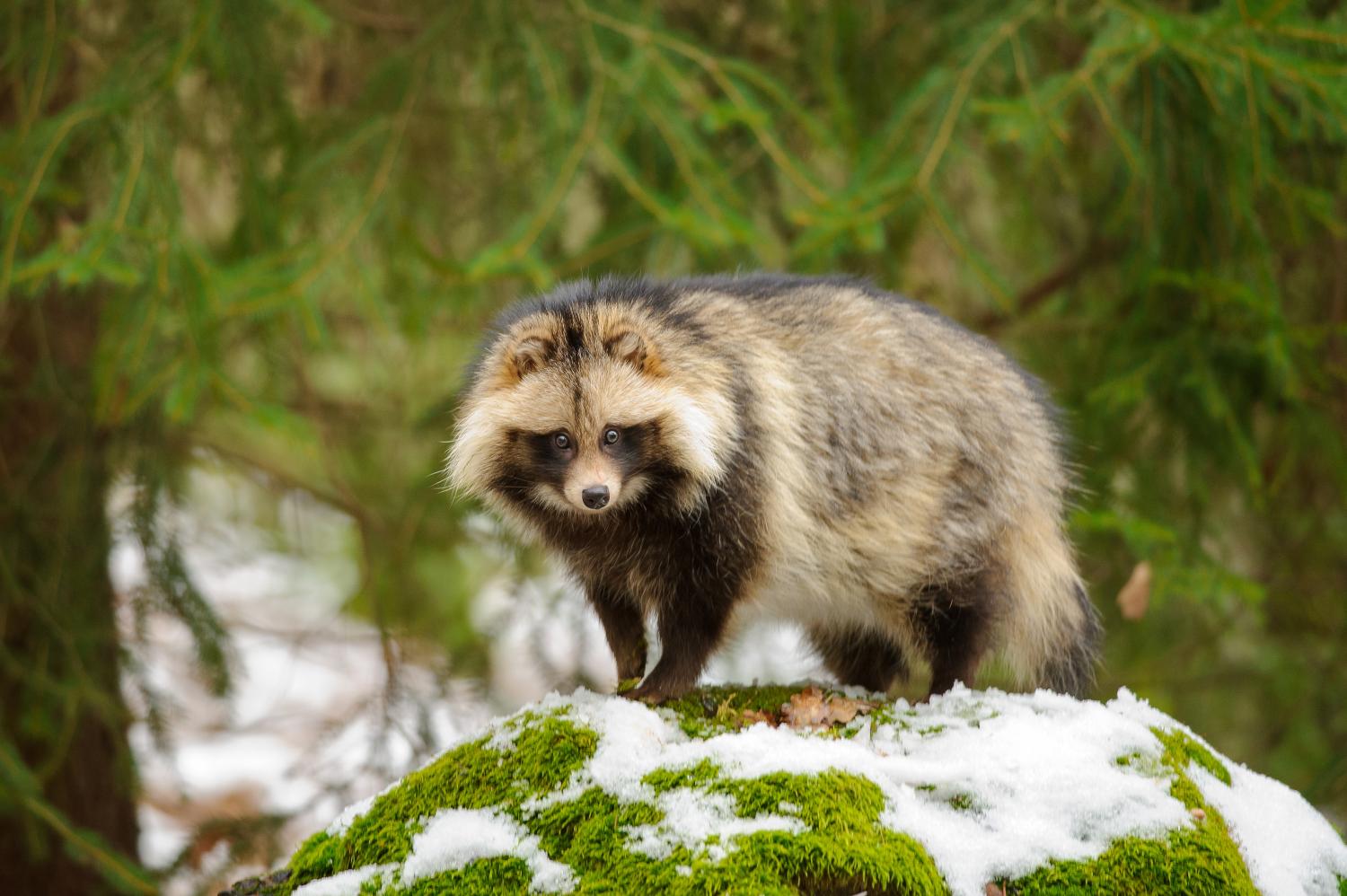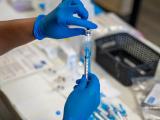Chinese researchers who isolated three live SARS-CoV-2 viruses and viral DNA from environmental samples at the Huanan Seafood Market in Wuhan, China, say the findings don't definitively show that the pandemic spilled over into humans from animals, according to a study published today in Nature.
The study originally appeared on a preprint server in February 2022. However, in advance of publication in Nature, previously undisclosed sequences recently appeared on the Global Initiative in Sharing Avian Influenza Data (GISAID) database, which caught the attention of international researchers who reported their findings to the World Health Organization.
On the Zenodo preprint server, the group posted its own analysis of the sequences, which it said support—but don't definitively prove—that the virus likely jumped from animals (eg, raccoon dog) to people at the market.
While acknowledging that the data weren't definitive, WHO Director-General Tedros Adhanom Ghebreyesus, PhD, then called for China to share all such information with the international scientific community immediately. "These data could have—and should have—been shared 3 years ago," he said.
Market may have amplified established outbreak
In the Nature study, the researchers analyzed 923 environmental samples obtained in and around the shuttered market starting on January 1, 2020, and 457 samples collected from 18 animal species (contents of refrigerators and freezers, swabs from stray animals and their feces, and the contents of a fish tank) starting on January 18, 2020. The market was shut down after being tied to clusters of human COVID-19 cases.
Reverse transcription-polymerase chain reaction (RT-PCR) revealed evidence of SARS-CoV-2, including three live viruses, in 73 environmental samples (7.9%) that matched the wild-type virus isolated from humans with greater than 99.99% accuracy.
Most of the 64 positive samples (87.5%) were taken from the market's west zone, part of which was suspected to involve wildlife sales, and from sewers and sewage wells.
Evidence of the SARS-CoV-2 Alpha variant was also found in an environmental sample. Sequencing of RNA on positive and negative environmental samples showed the presence of "an abundance" of different animals. No evidence of the virus was detected in any animal samples.
The researchers said that while genetic evidence suggests that bats, raccoon dogs, and ferrets— potential SARS-CoV-2 host species—were present at the market, the evidence was collected mostly in negative environmental samples.
"The origin of the virus cannot be determined from all of the analyses available so far," they wrote. "It remains possible that the market may [have] acted as an amplifier of transmission due to the high number of visitors every day, causing many of the initially identified infection clusters in the early stages of the outbreak."
Scientist calls study 'deeply flawed'
On Twitter today, Angela Rasmussen, PhD, a virologist with the University of Saskatchewan in Canada and coauthor of the Zenodo analysis, called the Nature study "deeply flawed," saying the authors used a reference database for sequencing that excluded the raccoon dog genome. "And yet despite the fact that they acknowledge this could be resolved using a different reference database (an easy fix), they elected not to," she wrote.
But, the Nature researchers said, "even if the animals were infected, our study does not rule out that human-to-animal transmission occurred, considering the sampling time was after the human infection within the market as reported retrospectively. Thus, the possibility of potential introduction of the virus to the market through infected humans, or cold chain products, cannot be ruled out yet."
"Even if the animals were infected, our study does not rule out that human-to-animal transmission occurred.
They called for internationally coordinated research to investigate the potential SARS-CoV-2 origin. "Surveillance of wild animals should be enhanced to explore the potential natural and intermediate hosts for SARS-CoV-2, if any, which would help to prevent future pandemics caused by animal-origin viruses," they concluded.





















